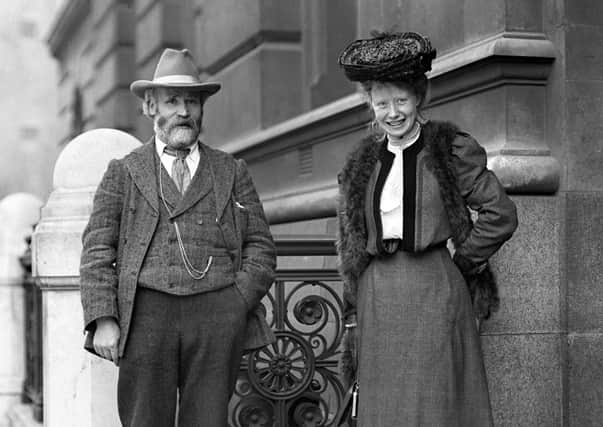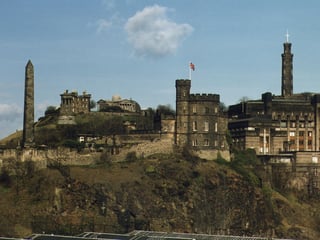Why Declaration of Arbroath is not the only anniversary Scotland should be marking – Kenny MacAskill


This week saw the 700th anniversary of the Declaration of Arbroath and much was made of the limited celebration of it, coronavirus complications notwithstanding. But it was also the bicentenary of the 1820 Rising and tragically even less was done for that.
It was more of a general strike in support of the universal franchise with 60,000 workers out in the West of Scotland and from which it was hoped an insurrection would follow. It was intended to be pan-UK but mass arrests south of the border saw only limited skirmishes in the north of England.
Advertisement
Hide AdAdvertisement
Hide AdThe signal for Scotland was to be the non-arrival of the mail coach, indicating the risings had started south of the border. Notwithstanding its arrival, whether through enthusiasm or lack of awareness, many rose regardless.
It was a forlorn venture. Troops had been readied and the odds were always against them. But the fear of the authorities was palpable about what might have been.
Hence why Baird Hardie and James Wilson, identified as ringleaders, were hung then beheaded – the last use of such punishment in Britain.
Nineteen were transported to Australia and only two returned. Not because of punishment there but because it was land of opportunity, unlike the penury they had left.
Those who returned in the 1830s were celebrated by the Chartist movement for greater democracy as the struggle continued by other means. In turn they were followed by Keir Hardie and the Independent Labour Party (ILP). They are part of our radical history and therefore deserve to be remembered.
